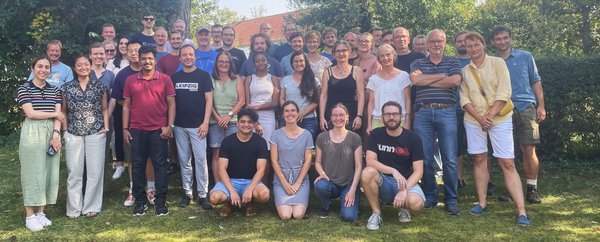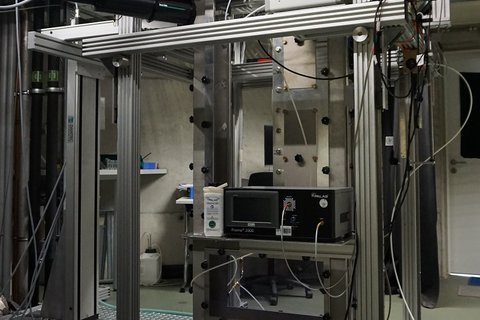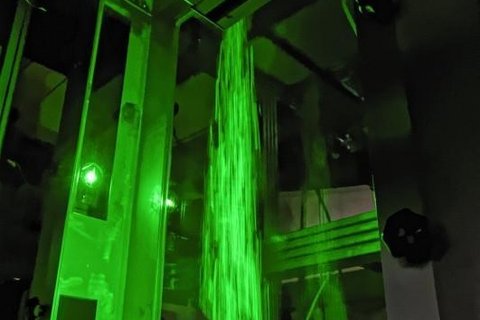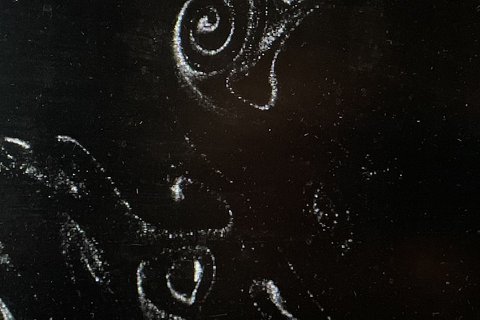

The Atmospheric Microphysics (AMP) department lead by Mira Pöhlker is dedicated to studying atmospheric aerosol particles and their interactions with clouds and turbulence, as well as investigating cloud microphysics, radiative effects, and air quality. Our focus lies on both process-based studies and long-term observations, through which we contribute to a better understanding of climate change and its impacts. In doing so, we deliberately build a bridge between fundamental atmospheric science and societal challenges related to climate and air quality.
Our methodological approaches include both field and laboratory experiments, as well as the development of models to simulate microphysical aerosol and cloud processes. In addition, we develop and operate high-precision measurement systems that allow us to investigate processes ranging from the molecular to the regional scale. Our department is actively involved in international observation networks and infrastructure projects that provide reliable, long-term data on the properties and distribution of aerosols and clouds. As a center of excellence for measurement techniques and quality assurance, we also set standards in instrumental atmospheric research.
Our research is carried out by six closely interconnected teams: air quality, aerosol-cloud interactions, aerosol sources and transport, radiative effects, fundamental cloud microphysics, and bioaerosols.
Teams









